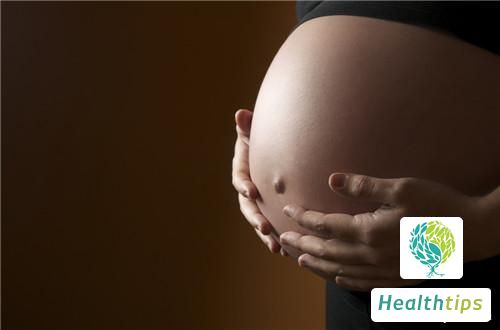Eating more zinc-rich foods, having sex during ovulation, and lying on your back after intercourse can increase the chances of pregnancy.

During the process of preparing for pregnancy, it is important to adjust your mindset, avoid excessive mental stress, calculate the ovulation day accurately, and have sex during ovulation to increase the chances of fertilization. If you haven't conceived after a year of trying, it's best to consult a doctor for an infertility evaluation.
1. Eating more zinc-rich foods: Zinc deficiency in men can lead to low testosterone secretion and reduced sperm count. Therefore, men should consume more zinc-rich foods such as lean meat, chicken, seafood, and all grains. Calcium and vitamin D can also help improve male fertility, so drink more milk!
2. Calculating ovulation period: The key to getting pregnant quickly is knowing when a woman is ovulating. Since most women only release one egg per menstrual cycle, women only have a few days each cycle to become pregnant. Understanding your ovulation period can increase your chances of pregnancy.
3. Choosing the best time for intercourse: Once a woman knows when she is ovulating, she can arrange sexual activity during her most fertile period, which is from three days before ovulation until the day of ovulation. Experts recommend having sex once or twice a day during ovulation. Testosterone secretion and sperm motility are particularly active in the morning, and it is the time when both partners have the most energy, so it is easier to conceive.
4. Lying on your back after intercourse: Lying on your back after intercourse can prevent sperm from flowing out, which may help increase the chances of successful fertilization. You can adopt the woman's posterior supine position, and during ejaculation, raise the woman's hips slightly to allow the semen to stay in the vagina for as long as possible. After at least half an hour, remove the pillow under the hips.

